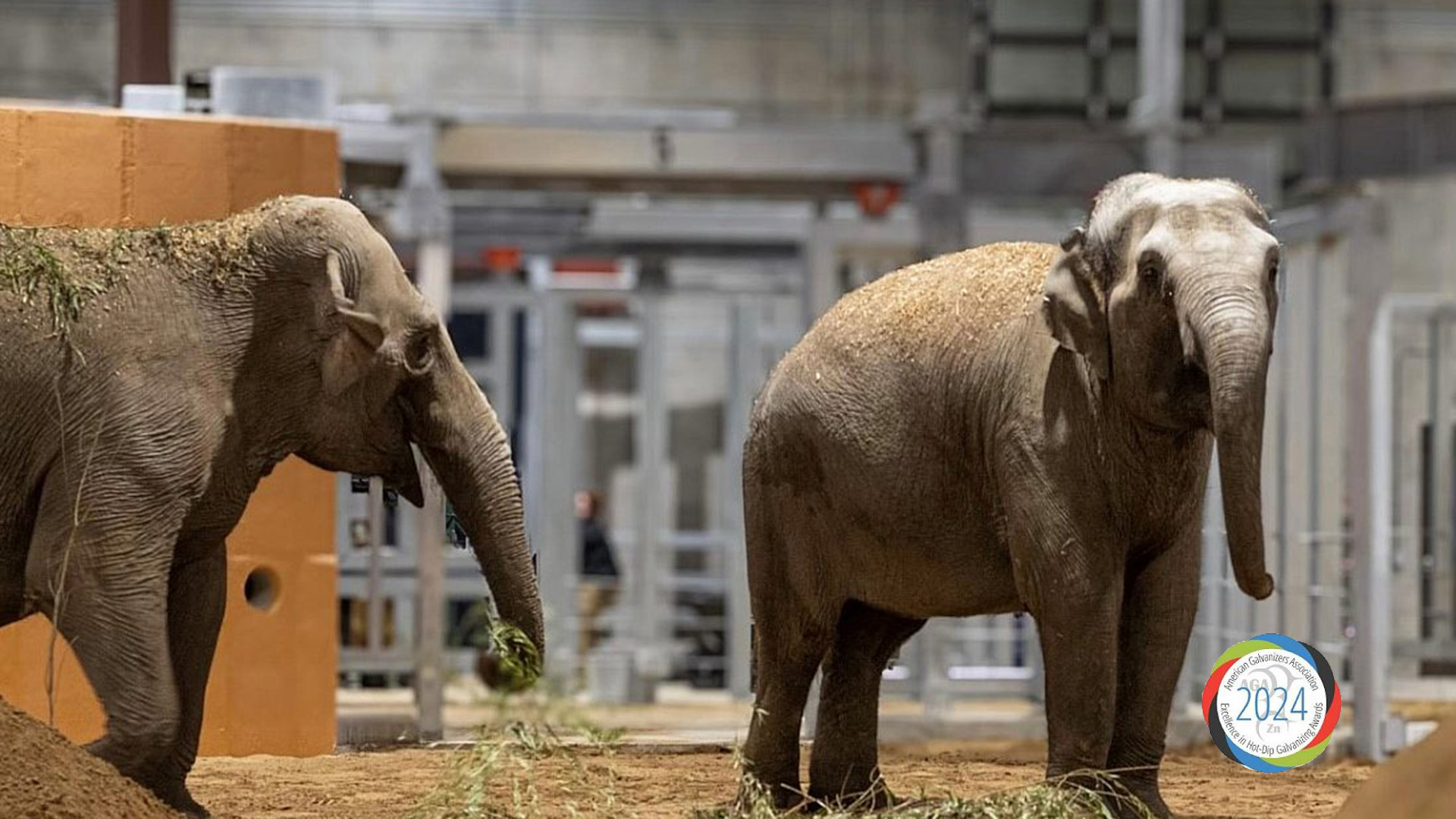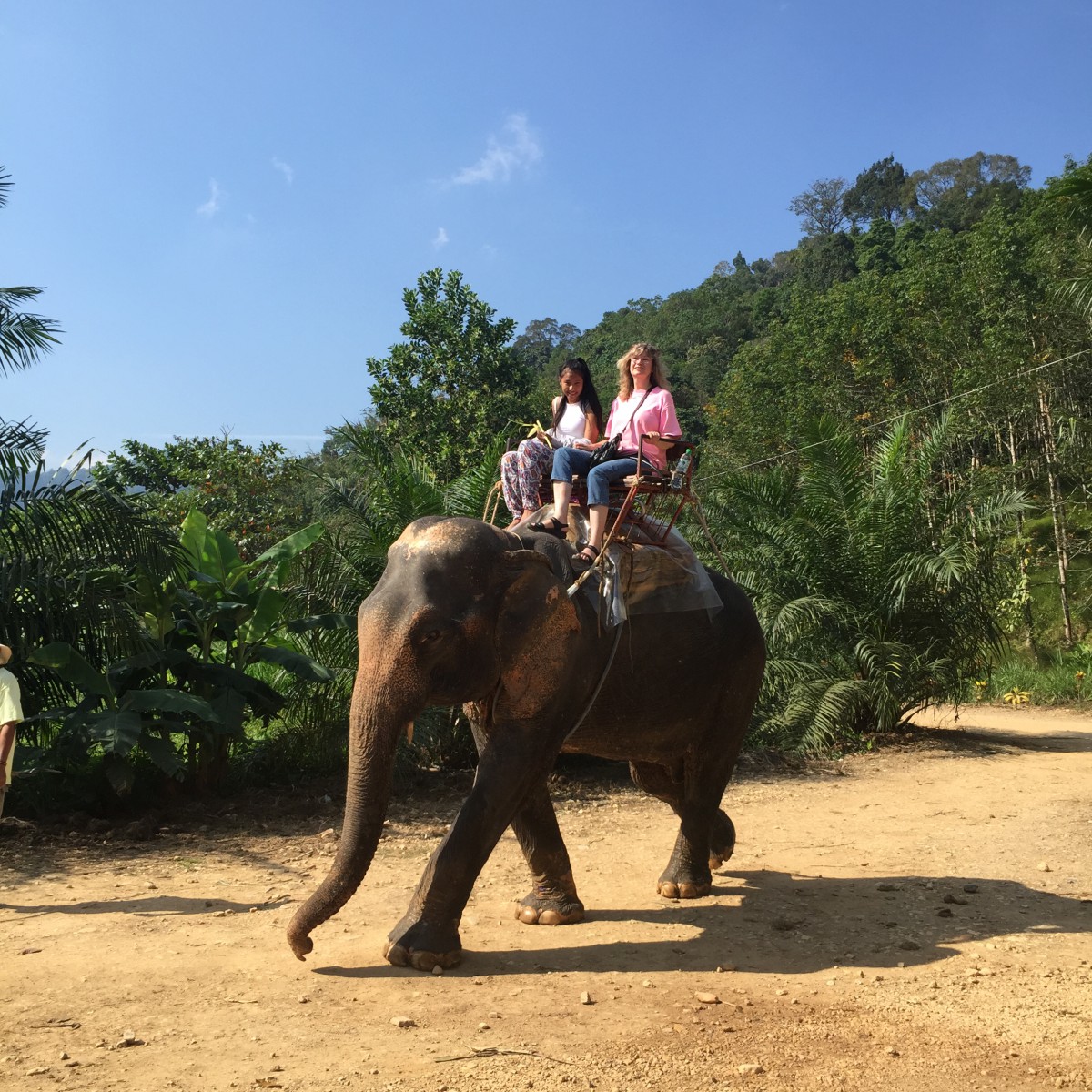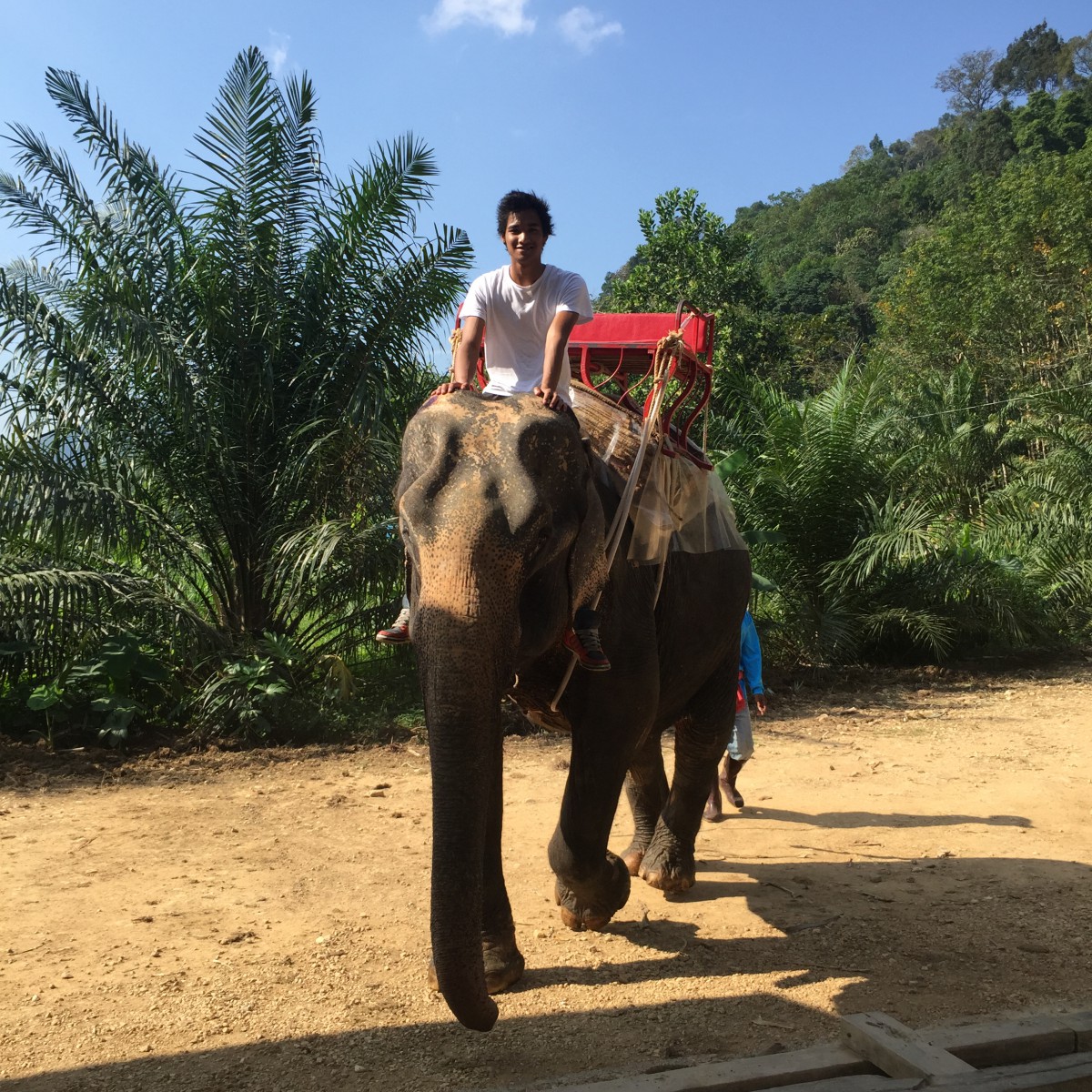Elephant trekking has become one of the most sought-after experiences for adventure seekers around the globe. Imagine yourself riding atop a majestic creature, navigating through lush jungles and breathtaking landscapes. It’s not just about the thrill; it’s about connecting with nature and understanding the incredible bond between humans and elephants. If you’re someone who loves wildlife and wants to immerse yourself in an unforgettable journey, elephant trekking might just be the adventure you’ve been waiting for.
Now, before we dive deep into the world of elephant trekking, let’s clear the air. This isn’t just another tourist activity; it’s an experience that touches your soul. You’ll encounter breathtaking views, learn about conservation efforts, and gain insights into the lives of these gentle giants. And hey, who doesn’t love a story where adventure meets responsibility?
But hold up! Before you pack your bags and book that flight, there are a few things you need to know. Not all elephant treks are created equal. Some prioritize the well-being of the animals, while others… well, let’s just say they could use some improvement. In this article, we’ll guide you through everything you need to know about elephant trekking—where to go, what to expect, and how to make ethical choices. Ready? Let’s get started!
- Unveiling The Life And Career Of Antony Starr
- Molly Noblif A Rising Star In The Entertainment Industry
What is Elephant Trekking All About?
So, what exactly is elephant trekking? Simply put, it’s an adventure activity where you ride on the back of an elephant as it takes you through natural terrains like forests, rivers, and mountains. But it’s not just about the ride; it’s about experiencing the wilderness up close and personal. You’ll feel the ground beneath the elephant’s feet, hear the rustling leaves, and smell the earthy aroma of the jungle. It’s a sensory overload in the best way possible.
Elephant trekking is also a chance to learn about the rich history and culture surrounding these incredible animals. In many parts of Asia, elephants have been revered for centuries. They’ve played important roles in religion, transportation, and even warfare. Today, they’re symbols of strength and wisdom, and trekking with them allows you to appreciate their significance even more.
Where Can You Go for an Elephant Trek?
There are plenty of destinations around the world where you can embark on an elephant trek. From the dense jungles of Thailand to the misty hills of Nepal, there’s something for everyone. Here are a few top spots you might want to consider:
- Chiang Mai, Thailand: Known as the elephant capital of the world, Chiang Mai offers some of the best trekking experiences. You’ll find sanctuaries that focus on ethical treatment and conservation.
- Sri Lanka: Home to the Asian elephant, Sri Lanka provides unique opportunities to witness these animals in their natural habitat.
- India: The country boasts several national parks where you can join guided treks. Jim Corbett National Park is a favorite among adventurers.
- Nepal: Trek through the Terai Arc Landscape, where you’ll encounter diverse wildlife alongside elephants.
Remember, location matters when it comes to ethical practices. Always do your research to ensure the place you choose prioritizes animal welfare.
Top Destinations for Ethical Elephant Treks
Let’s zoom in on some of the best ethical destinations for elephant trekking. These places not only offer incredible experiences but also focus on the well-being of the animals:
- Boon Lott’s Elephant Sanctuary (BLES), Thailand: A rescue and rehabilitation center where elephants roam freely.
- Elephant Nature Park, Thailand: Known for its commitment to saving elephants from abusive situations.
- Kathmandu Elephant Camp, Nepal: Offers sustainable tours that support local communities and conservation efforts.
These sanctuaries prove that you can enjoy elephant trekking without compromising the health and happiness of the animals.
Why Choose Ethical Elephant Trekking?
Here’s the deal: not all elephant treks are ethical. Some camps subject elephants to cruel training methods and poor living conditions. But don’t worry, there are plenty of responsible options out there. Ethical trekking ensures that elephants are treated with respect and dignity. They’re allowed to live in environments that mimic their natural habitats, free from unnecessary stress.
Choosing ethical trekking isn’t just about being kind to animals; it’s about supporting sustainable tourism. When you opt for ethical experiences, you’re contributing to the protection of wildlife and the preservation of ecosystems. Plus, you’ll leave with a sense of fulfillment knowing that your adventure made a positive impact.
How to Spot an Ethical Trekking Camp
Not sure how to identify ethical trekking camps? Here are some red flags to watch out for:
- Chains and Restrictive Equipment: If elephants are constantly chained or forced to wear heavy saddles, that’s a sign of mistreatment.
- Overcrowded Conditions: Ethical camps provide ample space for elephants to roam and socialize.
- Lack of Veterinary Care: Reputable sanctuaries prioritize the health of their elephants by providing regular medical check-ups.
On the flip side, ethical camps will proudly showcase their commitment to animal welfare. They’ll offer transparent information about their practices and welcome questions from visitors.
What to Expect During an Elephant Trek
So, what can you expect during an elephant trek? Well, it depends on the location and the specific camp you visit. Generally, you’ll start with an orientation session where you’ll learn about the elephants and the rules of the trek. Then, you’ll be paired with your elephant and its mahout (handler). Together, you’ll embark on a journey through stunning landscapes, stopping along the way to take in the sights and sounds of nature.
Some treks might include additional activities like bathing the elephants in rivers or feeding them. These moments allow you to bond with the animals and gain a deeper understanding of their daily lives. Just remember, the focus should always be on the elephants’ comfort and well-being.
Duration and Difficulty Levels
Elephant treks vary in duration and difficulty. Some last just a couple of hours, while others span multiple days. If you’re a first-timer, a shorter trek might be more suitable. You’ll still get to experience the thrill without overwhelming yourself. For those looking for a more immersive experience, longer treks offer the chance to explore remote areas and witness wildlife in its purest form.
As for difficulty, most treks are designed to accommodate a range of fitness levels. However, it’s always a good idea to check with the camp beforehand to ensure the trek aligns with your abilities.
Benefits of Elephant Trekking
Elephant trekking offers more than just a fun day out. It provides numerous benefits for both you and the environment:
- Physical Activity: Riding an elephant might sound easy, but it actually engages your core muscles and improves balance.
- Mental Relaxation: Being surrounded by nature has a calming effect on the mind. It’s the perfect escape from the hustle and bustle of daily life.
- Conservation Awareness: By participating in ethical treks, you contribute to conservation efforts and spread awareness about the importance of protecting wildlife.
These benefits make elephant trekking a holistic experience that nourishes both body and soul.
Environmental Impact of Ethical Trekking
When done responsibly, elephant trekking can have a positive impact on the environment. Ethical camps often partner with local communities to promote sustainable tourism. They invest in conservation projects, reforestation efforts, and educational programs. By choosing ethical treks, you’re supporting initiatives that benefit not only elephants but also the ecosystems they inhabit.
Challenges Facing the Elephant Trekking Industry
While elephant trekking has its perks, it’s not without challenges. One of the biggest issues is the prevalence of unethical practices. Some camps prioritize profit over animal welfare, leading to mistreatment and exploitation. Another challenge is the lack of regulation in certain regions, making it difficult to enforce standards.
Additionally, there’s ongoing debate about whether riding elephants is ethical at all. Critics argue that even in ethical settings, riding can cause stress and discomfort to the animals. It’s a complex issue that requires careful consideration from both operators and visitors.
Solutions to Address These Challenges
So, how can we tackle these challenges? Here are a few solutions:
- Strict Regulations: Governments and organizations should implement and enforce regulations to ensure ethical practices.
- Public Awareness: Educating tourists about the importance of choosing ethical treks can drive demand for responsible operators.
- Innovative Alternatives: Some sanctuaries have started offering alternative experiences, such as walking alongside elephants instead of riding them.
By addressing these challenges head-on, we can create a more sustainable and compassionate future for elephant trekking.
How to Prepare for an Elephant Trek
Before you set off on your elephant trek, there are a few things you can do to prepare:
- Research the Camp: Make sure the camp you choose aligns with your values and prioritizes animal welfare.
- Pack Appropriately: Wear comfortable clothing and sturdy shoes. Don’t forget sunscreen, insect repellent, and a hat.
- Learn About Elephants: Brush up on elephant behavior and communication to better understand your companion during the trek.
Being prepared will enhance your experience and ensure a smooth journey.
Tips for First-Time Trekkers
If you’re new to elephant trekking, here are some tips to keep in mind:
- Listen to Your Guide: Your mahout knows the elephants best, so follow their instructions for a safe and enjoyable ride.
- Stay Calm: Elephants are sensitive creatures, so maintaining a calm demeanor will help keep them relaxed.
- Respect the Animals: Remember, this is their home. Treat them with kindness and respect at all times.
These tips will help you make the most of your first trekking experience.
Conclusion: Why Elephant Trekking Matters
Elephant trekking is more than just an adventure; it’s a chance to connect with nature and make a difference. By choosing ethical treks, you’re supporting conservation efforts and promoting responsible tourism. Whether you’re riding atop an elephant or walking beside one, the experience will leave a lasting impression on your heart.
So, what are you waiting for? Start planning your next adventure today! And don’t forget to share your experiences with others. The more people learn about ethical trekking, the more we can work together to protect these incredible creatures for generations to come.
Table of Contents
- What is Elephant Trekking All About?
- Where Can You Go for an Elephant Trek?
- Why Choose Ethical Elephant Trekking?
- What to Expect During an Elephant Trek
- Benefits of Elephant Trekking
- Challenges Facing the Elephant Trekking Industry
- How to Prepare for an Elephant Trek
- Conclusion: Why Elephant Trekking Matters


